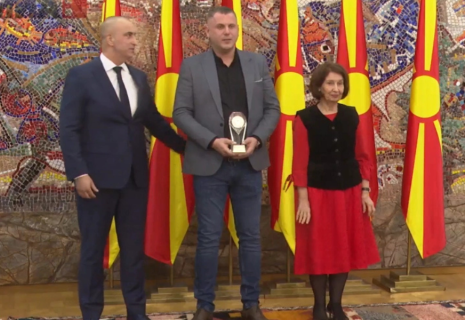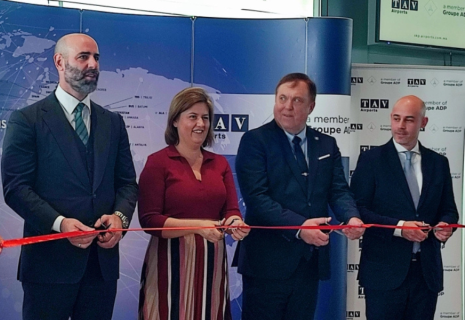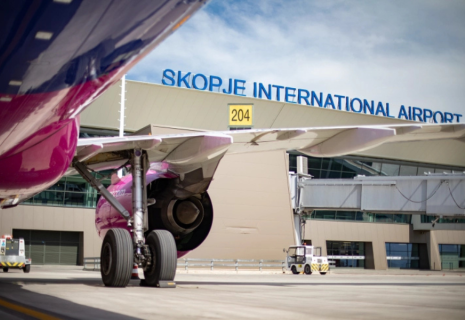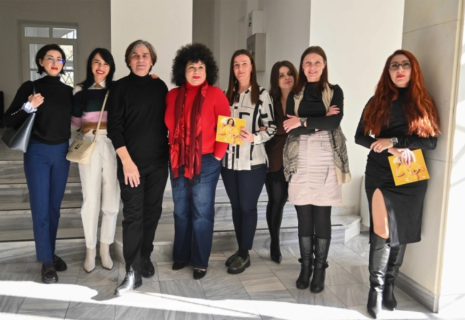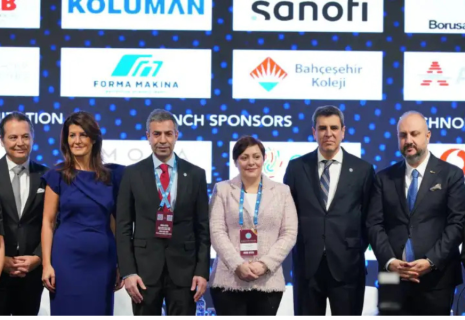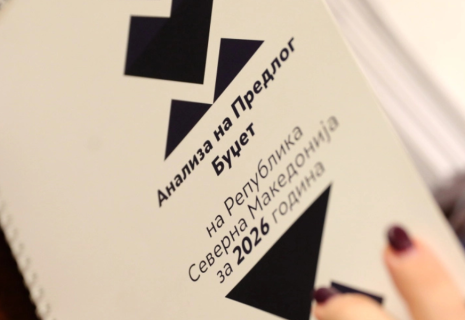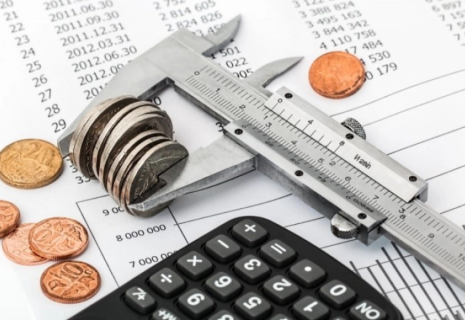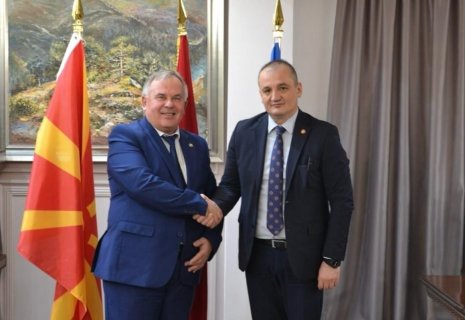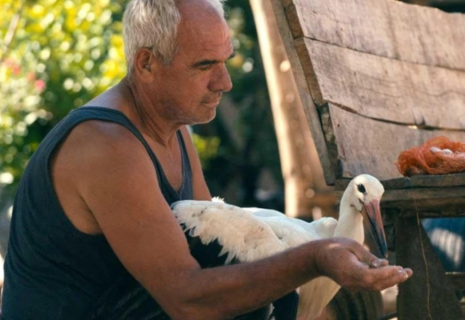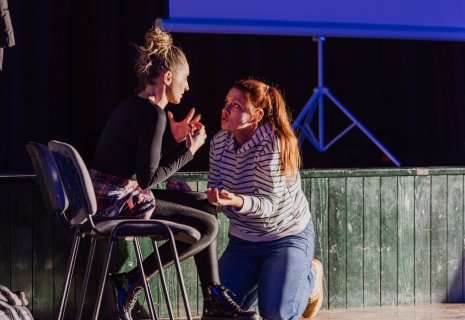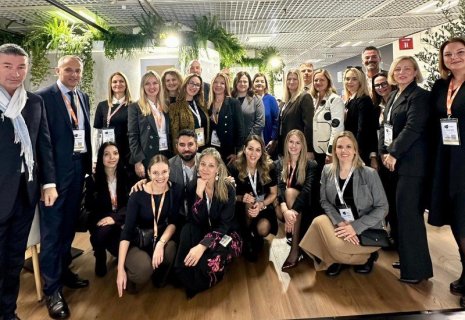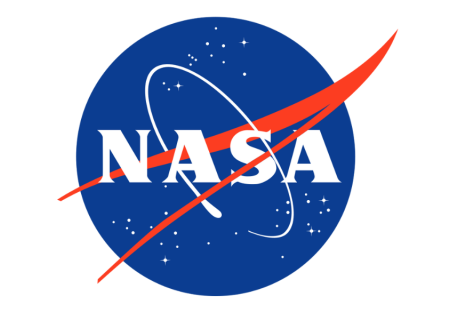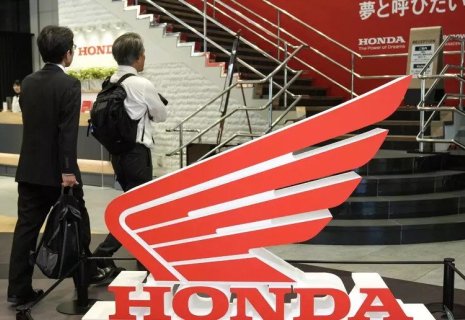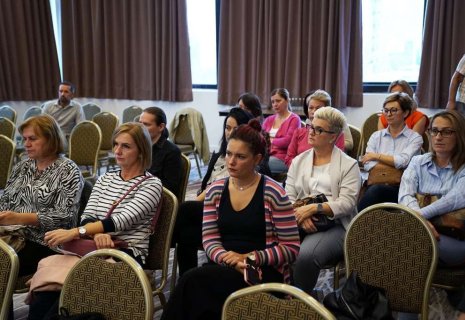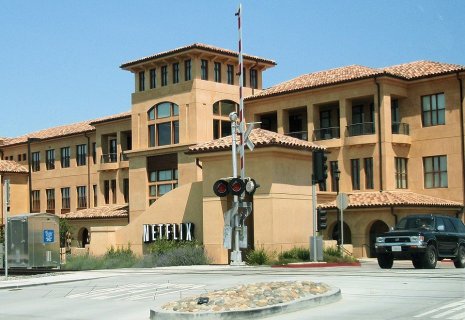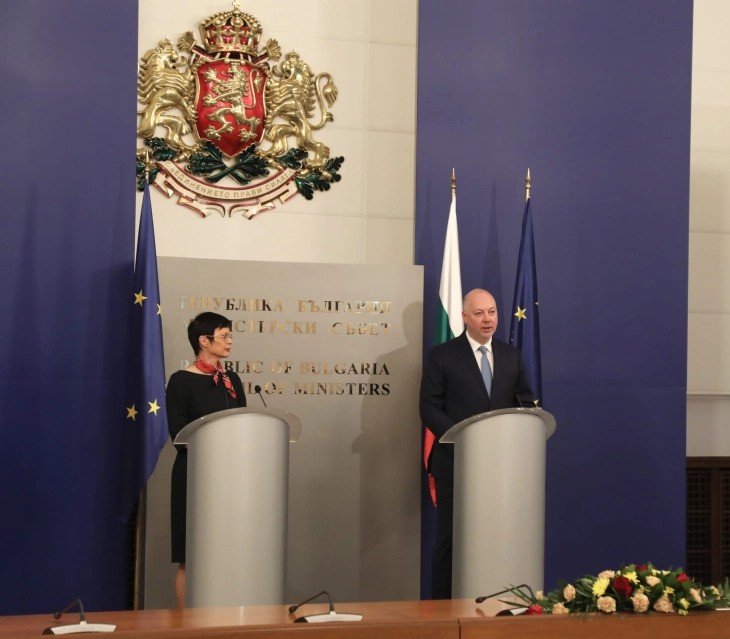
North Macedonia Pushes for Fair EU Accession Process
The European integration of the Western Balkans and the importance of the Union's enlargement were in the focus of a meeting between Bulgarian Prime Minister Rosen Zhelyazkov and EU Enlargement Commissioner Marta Kos, who met with top Bulgarian officials in Sofia and also participated in the "EU Meets the Balkans" forum, CE Report quotes MIA.
Following the meeting with Kos, Zhelyazkov said that Bulgaria has always approached with special care and a high degree of responsibility the efforts for full and complete European integration of the Western Balkan countries. He pointed out that the Bulgarian position is clear and consistent, and Sofia supports a European path for each country in the Western Balkans, guided by the principles of individual approach and the progress achieved.
"We will continue to support this process, we consider it as part of our strategic vision for a stable, prosperous and united European continent," Zhelyazkov said after the meeting with the EU Commissioner, adding that "the history of cultural and demographic proximity with the countries of the region give us the confidence and a unique opportunity to be not only mediators between the Western Balkans and the EU, but also a driving force of this process and its advocate".
According to him, without the integration of the region, the European project cannot be complete.
"The European future of the Western Balkans is a guarantee for prosperity and peace, but also a safeguard against the influence of forces aiming at disunity and instability, both of the region and of the whole Europe. In addition, the integration of the Western Balkan countries is a strategic choice related to the security, stability and competitiveness of the whole continent," said Zhelyazkov.
The PM said the commitment to reform must be two-sided - on the part of the candidates, but also on the part of the EU, adding that predictability, honesty, clarity and dialogue are needed.
According to him, today, when Europe is facing many challenges, military conflicts, hybrid threats, migratory pressure and energy insecurity, the integration of the Western Balkans is not just an opportunity, but a responsibility of particular importance for Bulgaria and the Bulgarian government.
EU Commissioner Marta Kos thanked Bulgaria for its support for the enlargement process, pointing out that the enlargement is one of the most important priorities of the current European Commission.
"Your neighbours joining the European Union will bring many benefits to businesses in Bulgaria. It will boost trade, improve investment opportunities and improve access to Central Europe," Kos said, adding that European integration will lead to stability and security in the region.
Previously, Kos met with Bulgarian President Rumen Radev, who said that In order to be sustainable and irreversible, the process of European Union enlargement must be based on the true implementation of the Copenhagen criteria for membership.
Macedonian Deputy Foreign Minister Zoran Dimitrovski also took part in the "EU Meets the Balkans" forum. He said the country is a champion in Europe in terms of the protection of ethnic rights, and constitutional amendments to include Bulgarians in the Constitution do not in themselves pose a problem.
"What raises concern is the entire package with the negotiating framework, including the protocols. If Macedonia's integration in the EU depends on the outcomes of the work of the joint Macedonian-Bulgarian Commission on Educational and Historical Issues, then it could be very delayed. Such interstate historical commissions after World War II, such as those between Germany and France or Germany and Poland, could work for decades before they give results. It is necessary that bilateral identity and historical issues be kept out of the negotiation process," said Dimitrovski.
Bulgarian Vice President Iliana Iotova also addressed the forum, pointing out that "Bulgaria is not placing any additional conditions on the process or negotiations of the Republic of North Macedonia on its path toward the EU". She emphasized that bilateral relations between the two countries are not the reason for Skopje’s EU accession talks not moving forward, noting that this argument is often brought forward by "our colleagues from the Republic of North Macedonia as well as by some European politicians and experts, who suggest that the process is being blocked by both sides".
EU Enlargement Commissioner Marta Kos, in an interview this week with the European Newsroom (ENR), consisting of multiple news agencies, including MIA, said that the European Commission is working to help North Macedonia start the accession negotiations, while noting her personal involvement in the bilateral issue with Bulgaria and her trip to Sofia for meetings with Bulgarian politicians there, followed by communication with politicians from North Macedonia.

